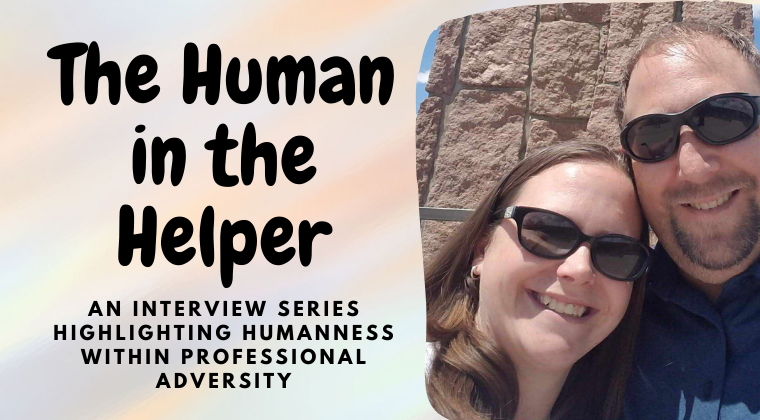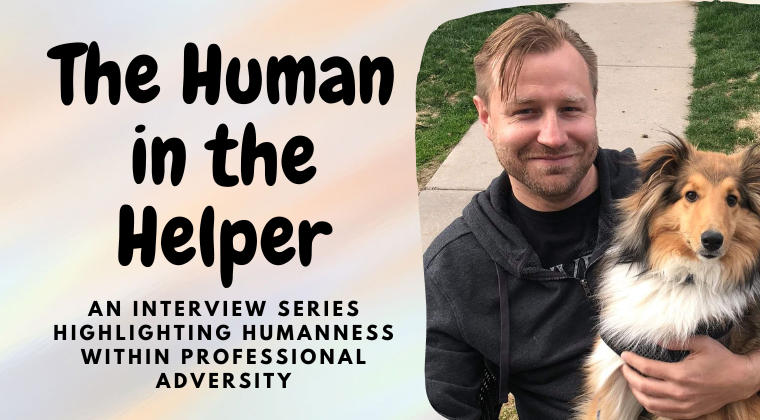What if I told you that the experience of estrangement often feels like someone has died? At least initially. It’s not an easy decision for adult children who estrange from their parents (as one example) and experts have discovered that the grief and loss response to estrangement is similar to our anguish or pain response when someone we love dies. Dr. Kylie Agllias (2016) recognizes that “estrangement is a particularly difficult loss to accept because it has no predetermined outcomes or end points.” Within her research, Agllias (2016) describes a grief response to estrangement where a person is mourning someone as if they have died, which can feel painfully accurate when permanent estrangement occurs and reconciliation isn’t an option.
Symptoms of Estrangement
Even with personal agency to end a relationship through their choice to estrange, many adult children can’t predict the significant reactions and emotions that will arise with their decision, resulting in feeling a sense of shock when they are fully immersed in it. They struggle with grief and loss symptoms, some of which include:
● Sadness
● Anger
● Shock
● Helplessness
● Shame
● Guilt
● Loss of identity
● Feelings of blame
● Feelings of failure
● Social avoidance
The estranged adult child may report strain and mistrust in other relationships due to the circumstances of their estrangement. They may report difficulty trusting others or leaning significantly on their partner or other family members to prove that estrangement is not the fate of all their family relationships. An adult child may report symptoms of anxiety or trauma responses, such as:
● Muscle tension
● Headaches
● Hypervigilance
● Sleep disturbance
● Difficulty controlling thoughts
● Avoidance
● Rumination on all that happened prior to estrangement
● Flashbacks
With prolonged symptoms and repeat triggers for grief, the stress of the relationship rupture can result in chronic stress symptoms for some adult children, especially women including:
● Hair loss
● Weight gain
● Inflammation
● Moodiness
● Elevated cortisol levels
● Adrenal fatigue
● Thyroid conditions
● Sleep disruption
● Water retention
● Brain fog
● Headaches
● Fatigue
It’s not hard to imagine how reporting these symptoms to a medical doctor could lead to a diagnosis of anxiety, depression, or Post-Traumatic Stress Disorder (PTSD). However, are we missing the mark in not asking about relationships and their contribution to an individual’s symptoms? It could generate a clearer clinical picture to ask a client or patient to describe their current relationships by asking questions like, “How are your relationships right now? Who are you closest to in your family? Who do you rely on for support?” By asking several questions about family dynamics and relationships, professional helpers begin to explore the physical, emotional, and relational impact of estrangement on an adult child’s mental health presentation when seeking support or starting therapy.
It’s important to emphasize that not all symptoms listed above have to be present, nor do they have to be severe or long-lasting. Some folks will have the symptoms they experience from estrangement lessen over time, similar to other grief and loss experiences where symptom intensity may be reduced with time and space. Some healing happens in a process we’ve named the Estrangement Energy Cycle.
The Estrangement Energy Cycle
The Estrangement Energy Cycle starts with a pattern or cycle of abuse. This may be the culmination of various attachment traumas from childhood that were not acknowledged or addressed by a parent, or it can be a series of events that have happened more recently in the adult child’s life.
After gaining awareness about an abuse cycle, an adult child can move into a stage of questioning. This can reflect their ambivalence about the parent-child relationship, including questioning their own part in it not feeling healthy or good enough. This stage can also represent an adult child wondering if they try harder or communicate more effectively, maybe they can get through to their parent.
If an adult child determines that the cycle of abuse and dynamics within the parent-child relationship are damaging to their health, they may then move into relationship rupture. This is a painful stage where the processing of the abuse and the implications for how it’s shaping the adult child’s life in the present cannot be unseen or ignored any longer. Typically an internal process where they recognize the impact of abuse, they may have epiphanies about poor boundaries and people-pleasing, or identify a connection between their quest for perfection and seeking approval and love from a parent. Relationship rupture can also occur from an additional event of hurt or violation from the parent in question, that pushes the adult child from contemplation to preparation for estrangement in wanting the repeated abuse to end.
From a painful relationship rupture comes the active choice to become estranged. The choice is a challenging one, resulting in a move toward grief and loss. The grief and loss stage includes finding space for the adult child’s emotions and self-doubt about their relationship with their parent. After extensive grief and loss work, an adult child can move to discovering a new sense of self. How will they define themselves now that estrangement from their parent has occurred? What will other relationships look like with healthy boundaries in place? An adult child may seek new communities of connection and new hobbies or interests in feeling unburdened from the unhealthy relationship or repeated conflict with their parent.
The deeper work comes with the support of others, whether it be a spiritual congregation, wellness-focused community, or engaging in ongoing mental health therapy. An adult child may recognize that they’ve done all they can on their own to heal from this estrangement, but find they need additional support and guidance to continue the work. The final stage of the Estrangement Energy Cycle is redefining self- worth. Through hard work, reflection, and developing healthy relationships with others, an adult child can begin to regain self-worth separate from their parent. This may be finding the bandwidth to set boundaries with others, challenging people-pleasing urges, and practicing saying no, as just a few examples.
Each adult child’s journey is different in how they heal from estrangement, however we have some ideas from the clients we’ve served in therapy for the last twelve years. Check out our book Understanding Ruptured Mother-Daughter Relationships: Guiding the Adult Daughter’s Healing Journey through the Estrangement Energy Cycle and access all our therapeutic tools for adult daughters available for download at estrangementenergycycle.com.





